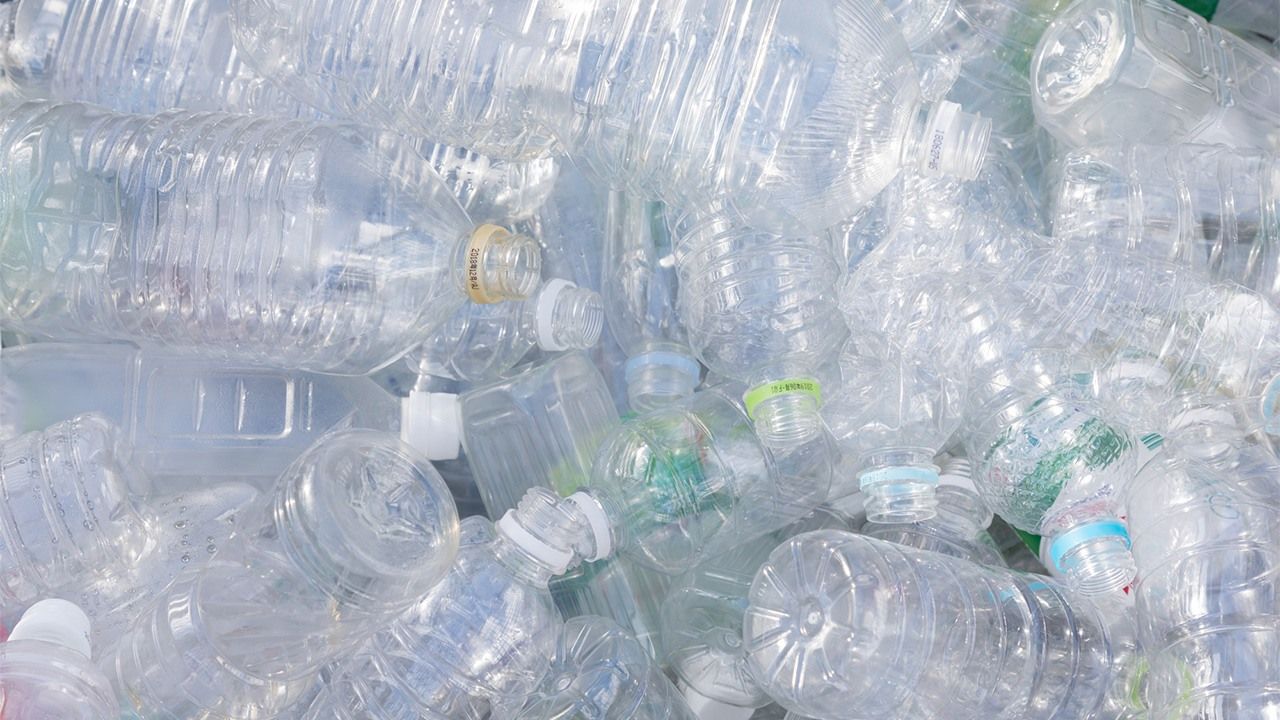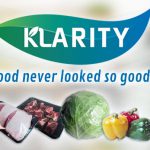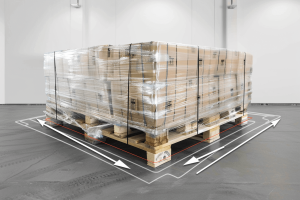
Plastic pollution isn’t new yet it has not stopped endangering wildlife and threatening the ecosystem.
According to UN Environment, around 8 million tons of plastics are deposited in the ocean each year, and this number is expected to reach 90 million tons by 2030. Plastic bags, one of the most common forms of finished plastics, are used for an average of 25 minutes yet it takes between 100 to 500 years to disintegrate.
What’s more, plastic wrap production accounts for 8% of the total oil produced in the world. A major concern is that by 2040, the plastic industry will be valued at a whopping $1.4 trillion, doubling its current value.
So how can we reduce plastic pollution? In this post, we highlight major tips and methods to fight the plastic crisis, including Thong Guan Industries Berhad’s LIVE GREEN Goals in helping save mother earth.
1. Replacing Disposable Plastics
From plastic wraps to straws, disposable cutlery, coffee cups, grocery bags and stretch films, over 90% of daily plastic items is used only once before they are disposed of. One can only imagine how many million plastics have ended up in the ocean.
Replacing disposable plastics is one way to minimize such excessive wastages. For instance, everyone should learn to replace disposable plastic items with reusable silverware, shopping bags, travel mugs, etc. before getting more accustomed to this habit.
2. Recycling Plastics
So far, around 14% of plastic packaging is recycled all through the world. Instead of disposing of plastic products, reusing or recycling them into useful products should be encouraged.
While some daily plastic items can be easily reused or recycled, certain plastics cannot be recycled at all. The following plastic types can be reused or recycled. You can easily identify a specific kind of plastic by simply checking the number on the bottom of the container.
Look for PET (used for liquid cleaner bottles and most beverages), PP (used for yoghurt, ketchup bottles, plastic cutlery, etc.), HDPE (used for milk, juice, etc.). These plastic types are recyclable and are accepted by most curbside recycling companies.
3. Awareness and Sensitization
A lack of awareness and sensitization is also the reason for the plastic crisis. Consumers may not be fully aware of the health and safety hazards involved in plastic use and disposal.
Product standards, labelling requirements, and certifications can be designed to sensitize the public and enable more people to understand the negative impacts of single-use plastics.
Legislation on single-use plastic products can enable the higher use of reusable plastics.
4. Buy in Bulk
In addition to replacing disposable wrapping plastics with a reusable alternative, buying items in large quantities can help reduce plastic packaging.
This is amongst the easiest yet most impactful options for reducing plastic pollution. For instance, instead of buying toiletries from one store and hopping into another for the next purchase, consumers can consider buying in bulk.
This can drastically reduce the product-to-packaging ratio of items people tend to buy often.
Thong Guan’s Transformative Goals: LIVE GREEN
Going green isn’t simply a ‘trend’ at Thong Guan. It’s a way of life and a path to a more sustainable future. That is why we actively provide efficient solutions for businesses by offering a variety of eco-friendly packaging options.
Thong Guan has been committed to environmental conservation via its fundamental concept of RE:DUCE, RE:USE, and RE:CYCLE. Our green products are created to reduce waste and promote the conservation of natural resources.
We do business in such a way that it creates value for society and the environment. As a result, we continue to push for flexible packaging that can be readily recycled and reused.
Thong Guan is constantly collaborating with its partners to develop new, innovative concepts that support environmental efforts for its clients in the food & beverage, industrial & packaging, transportation & logistics, waste & energy, retail & eCommerce, hygiene & medical, and consumer packaging industries.




